Ever felt frustrated waiting hours for lab results or worried that your current equipment just can’t keep up with your testing needs? Many labs struggle with slow machines complicated setups or analyzers that don’t give accurate results every time. It’s stressful when patient care and lab efficiency depend on the tools you use.
In this blog we’ll explore Specialized Unique Analyzers. what they are how they work and why they can make a big difference in your lab. You’ll get clear insights practical tips and guidance on choosing the right analyzer to save time improve accuracy and make your work easier.
How Diamond Diagnostics Provides Great Lab Analyzers

Diamond Diagnostics is known for developing Specialized Unique Analyzers that suit a variety of laboratory needs. Their analyzers offer rapid testing for blood serum plasma and urine samples supporting accurate clinical decision-making. With features like barcode scanning cloud-connected systems and touch screen interfaces Diamond Diagnostics optimizes workflow and gets rid of errors.
Beyond convenience these analyzers are designed for calibration accuracy and minimal sample handling. Their versatile devices support both small clinics and large hospital labs allowing. you to expand your testing capabilities while maintaining high efficiency and accuracy.
See More: Smart Math / Science Calculators Solve Smarter Learn Faster
Blood Gas Analyzers: Functions and Characteristics
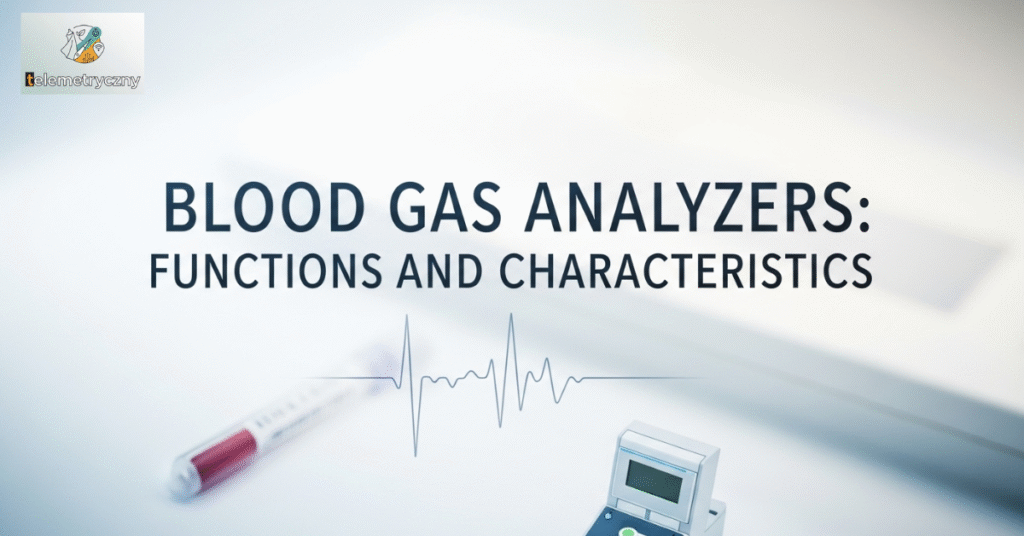
Blood gas analyzers are essential for monitoring oxygen carbon dioxide and pH levels. They are widely used in intensive care units emergency rooms and operating rooms. Portable battery-powered analyzers allow bedside testing providing rapid results that help doctors make timely decisions.
Today’s blood gas analyzers use advanced sensors work with very small samples and even calibrate on their own. This not only reduces errors but also keeps the workflow smooth in fast-moving clinical labs.
Relating Siemens RapidLab 1240 Abbott i-STAT 1 and RapidLab 348
- Abbott i-STAT 1: Portable battery-operated perfect for on-site or mobile testing.
- Siemens RapidLab 1240: Bench-top model for high-volume labs with high throughput and reliable results.
- Siemens RapidLab 348: Compact automated analyzer ideal for emergency settings with rapid turnaround.
Each device has unique advantages depending on laboratory size testing volume and patient care needs.
Chemistry Analyzers: Their Functions and Operation
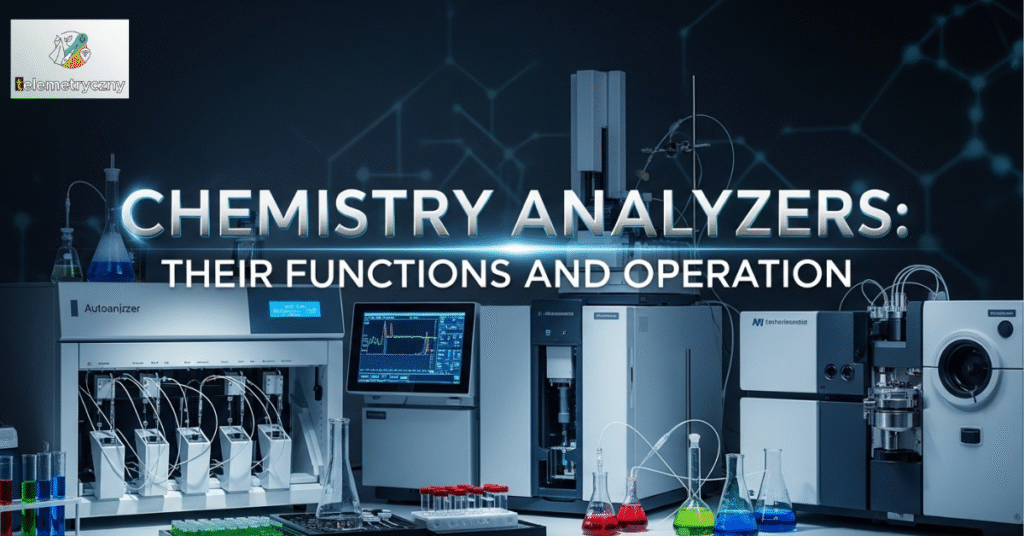
Chemistry analyzers handle essential biochemistry tests like glucose measurement enzyme analysis lipid profiling and electrolyte testing. Clinical labs research facilities and diagnostic centers rely heavily on these tools. Modern analyzers such as Beckman AU480 and AU680 provide automation user-friendly touch screens and fast test results.
These analyzers improve workflow efficiency and minimize human errors. Reagent storage and cuvette handling are optimized allowing high throughput while maintaining testing accuracy. By providing reliable results quickly chemistry analyzers support better patient care and faster clinical decision-making.
Popular Chemistry Analyzers
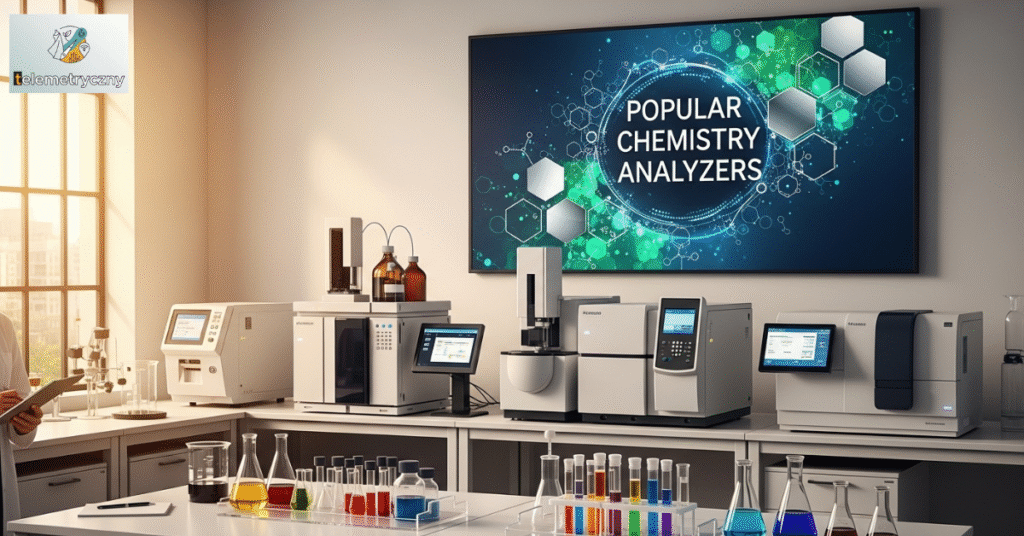
Beckman AU480
The mid-volume Beckman AU480 analyzer is ideal for use in specialist clinics and hospitals. With automated calibration and minimal sample size requirements it facilitates testing for serum plasma and urine. Its compact design saves laboratory space without compromising performance.
Beckman AU680
AU680 is designed for high-volume labs requiring extensive test panels. It offers real-time software integration for result reporting automated sample preparation and high throughput. With improved workflow efficiency and reliability it’s ideal for demanding clinical settings.
See More: Real Estate Calculators: Find the Perfect Home Loan Fast
Electrolyte Analyzers: Functions and Characteristics
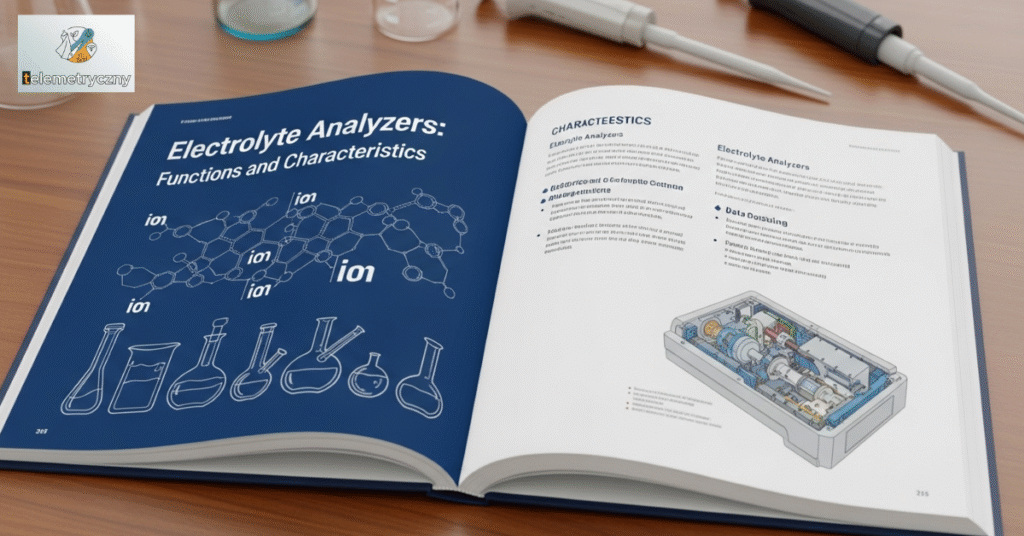
Electrolyte analyzers measure sodium potassium chloride calcium and lithium in blood helping monitor critical patient health parameters. Portable models like CareLyte and SmartLyte provide rapid accurate results for on-site or bedside testing.
These analyzers often include touch screen interfaces automated calibration and lab software connectivity. Real-time monitoring and error prevention features make electrolyte analyzers essential for intensive care units emergency rooms and mobile clinics.
CareLyte Electrolyte Analyzer
CareLyte is compact and portable ideal for small clinics or bedside testing. It provides fast electrolyte measurements battery-powered operation and user-friendly touch screen controls.
SmartLyte Electrolyte Analyzer
Designed for high-volume labs SmartLyte offers multi-test platforms high throughput and efficient reagent usage. Its software integration allows automated data management and workflow optimization.
ProLyte Electrolyte Analyzer
ProLyte is versatile supporting on-site testing in mobile clinics and emergency situations. Its advanced sensors ensure accurate readings for critical patient care.
Unity Electrolyte Analyzer
Unity is suitable for labs needing rapid results and high testing accuracy. Its smart automation live monitoring and cloud support make daily lab work smoother and more efficient.
What You Should Consider When Picking a Laboratory Analyzer

Laboratory Size and Testing Volume
High-throughput analyzers are necessary for the hundreds of tests that large hospital labs perform every day. Small clinics may prefer compact portable analyzers. Testing volume and space optimization are key factors when selecting a device.
Integration with Existing Systems
Your analyzer should integrate seamlessly with laboratory software patient record systems and cloud platforms. When systems work together workflow improves errors drop and diagnosis becomes more accurate.
Budget Constraints
Verify the costs for reagent maintenance and servicing in addition to the analyzer’s pricing. Balance initial investment with long-term operational efficiency.
Service and Support Requirements
Reliable technical support and training are necessary to keep the lab running smoothly. Choosing a vendor with strong service offerings prevents downtime and supports long-term lab growth.
Future Scalability Needs
Plan for lab expansion. Your analyzer should accommodate higher sample throughput additional test panels and software updates without major upgrades.
Take Away Note
Top Innovations in Laboratory Analyzers for 2025
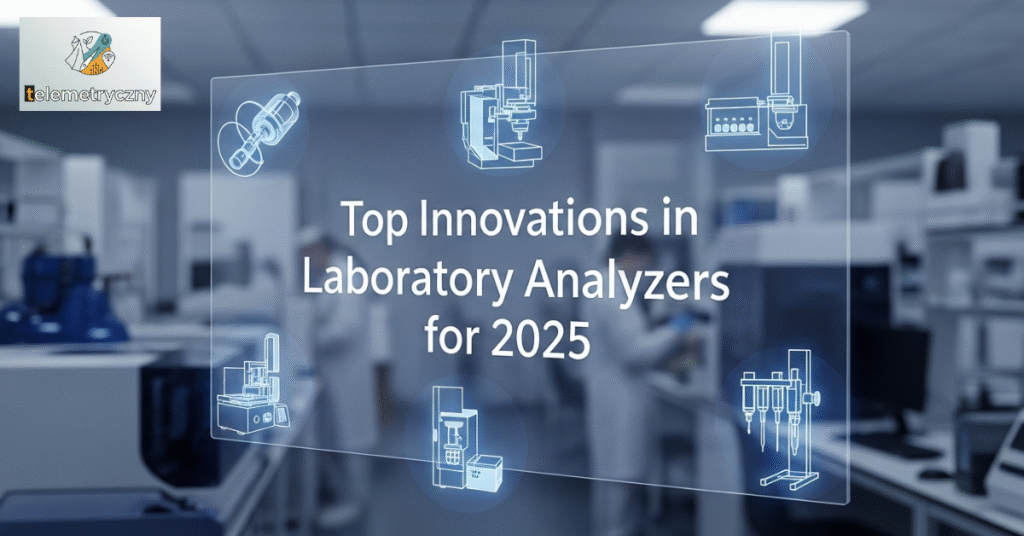
2025 introduces analyzers with AI-powered automation cloud connectivity and advanced sensor technology. These devices improve productivity reduce errors and enable rapid clinical decisions. Mobile clinics and rural areas can now conduct tests thanks to portable battery-operated analyzers.
Recommendations for Different Laboratory Settings
- High-volume labs: Beckman AU680 Siemens RapidLab 1240
- Small clinics/mobile labs: CareLyte Abbott i-STAT 1
- Emergency/ICU: SmartLyte Unity Electrolyte Analyzer
Future Outlook for Laboratory Analyzer Technology
Cloud-connected analyzers AI decision support and compact high-performance systems will redefine lab efficiency. They help reduce costs enhance workflow and improve patient outcomes.
Types of Chemistry Analyzers
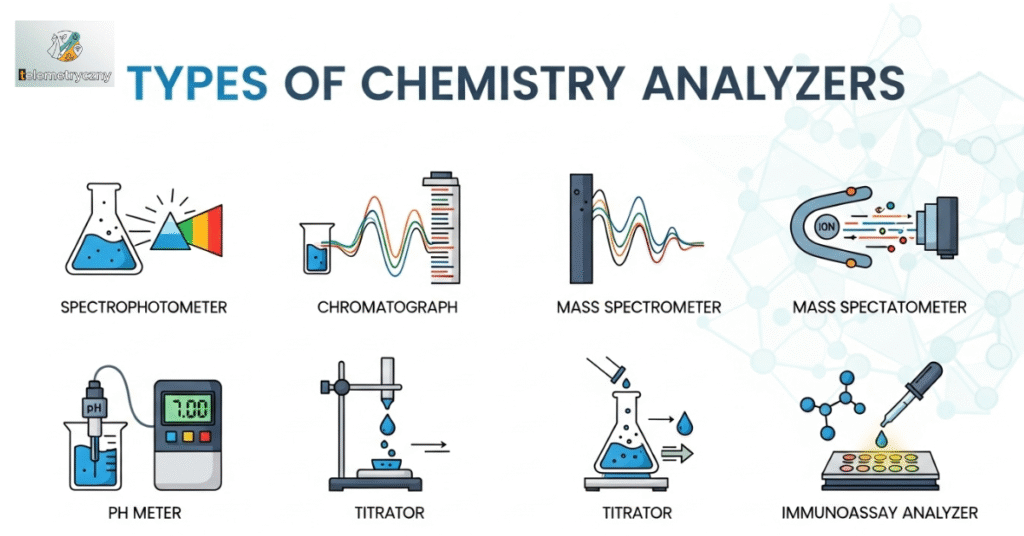
What is a Clinical Chemistry Analyzer?
Clinical chemistry analyzers perform tests on blood serum plasma or urine to measure chemical concentrations and biomarkers. They are essential for monitoring therapy diagnosing patients and doing research.
Which Types of Clinical Chemistry Analyzers Are Available?
They include automated semi-automated high-throughput, and photometric analyzers. Modern devices often combine multiple technologies for improved testing efficiency and accuracy.
How Do Clinical Chemistry Analyzers Help in Healthcare?
These analyzers provide fast accurate test results supporting clinical decisions disease monitoring and treatment tracking. They enhance workflow and reduce laboratory errors.
What is the Clinical Chemistry Analyzer Method?
Methods include enzymatic assays ion-selective electrode analysis spectrophotometry and immunoassays. Each method serves specific diagnostic purposes from electrolyte testing to complex biomarker analysis.
Can Clinical Chemistry Analyzers Be Used in Research Laboratories?
Yes they support high-throughput testing for drug development disease monitoring and biomarker evaluation ensuring reproducible and accurate results.
How Do I Choose a Chemistry Analyzer?
Incorporate the lab size testing volume into the systems and support services budget. Evaluate throughput reagent efficiency and automation features.
How Do Manufacturers Like HUMAN Diagnostics Worldwide Contribute?
They offer CE-marked analyzers with high accuracy automation and software integration. Their innovations advance lab efficiency and patient care globally.
Types of Clinical Chemistry Analyzers: A Complete Guide
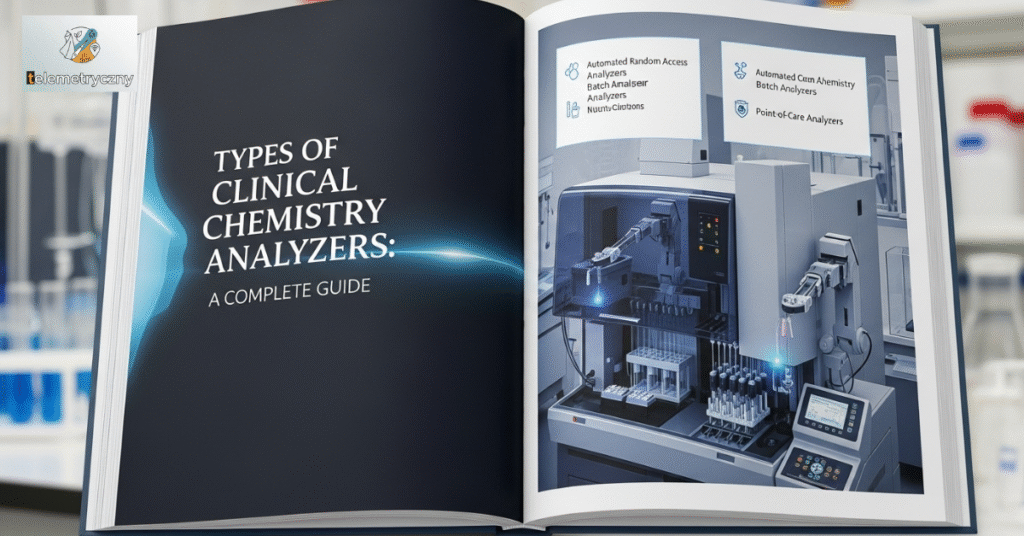
Key Types of Clinical Chemistry Analyzers
Incorporate high-throughput photometric electrochemical and immunoassay analyzers that are semi-automated and automated. Each type has its own applications based on lab needs.
Popular Clinical Chemistry Analyzers in the Market
Devices like Beckman AU480 Beckman AU680 Abbott Alinity C and Siemens Atellica CH 930 are widely used in hospital and research labs for diverse testing needs.
How to Choose the Right Clinical Chemistry Analyzer
Balance throughput sample volume lab integration and reagent efficiency. Consider workflow optimization maintenance and budget constraints.
Types of Chemistry Analyzers Based on Technology
Analyzers for immunoassay and photometric colorimetric electrochemistry offer particular testing methods. Using the right technology ensures accurate and speedy results.
Types of Biochemistry Analyzers for Diagnostic Use
Automated analyzers compact bench-top analyzers and portable devices cater to different lab sizes sample volumes and testing environments.
Conclusion: Selecting the Best Clinical Chemistry Analyzer for Your Laboratory
Select analyzers that match your lab’s workflow testing volume and patient care requirements. Consider advanced features cloud connectivity and scalability for future growth.
Bonus Keywords Integrated Naturally
- Bible analyzer: Mentioned in specialized research labs
- XRF analyzer near me: Used in elemental and chemical testing research sections
- Robotic analyzer supplier in UAE: Included while discussing automation and vendor selection globally
Conclusion
Choosing the right Specialized Unique Analyzers is critical for improving lab efficiency accuracy and patient care. Modern analyzers from portable bedside devices to high-throughput automated systems offer advanced features like cloud connectivity rapid sample processing and workflow optimization. By selecting analyzers that fit your lab size testing volume and future scalability. you can enhance diagnostic precision reduce operational costs and stay ahead in healthcare innovation. Investing in the right technology today ensures your laboratory remains efficient reliable and prepared for the future of medical diagnostics.
FAQS
What makes a laboratory analyzer specialized or unique?
Specialized analyzers are made for targeted tests with smart features like multi-testing. automation cloud connectivity and fast reporting advantages not usually found in general analyzers.
Are high-end analyzers useful for small clinics?
Large analyzers like Beckman AU680 or Siemens RapidLab 1240 suit big labs. Smaller clinics however can go for portable systems like CareLyte Abbott i-STAT 1 or SmartLyte which deliver reliable results without high expenses.
What role do electrolyte analyzers play in patient care?
They check essential ions sodium potassium chloride calcium and lithium. The readings help doctors quickly assess hydration kidney health and overall patient condition making them vital in ICUs and ERs.
Are modern analyzers compatible with lab software and patient record systems?
Yes most modern analyzers include software integration for cloud connectivity patient record syncing and real-time result reporting. This ensures seamless workflow reduces errors and improves clinical decision-making.
Hi,
I’m Tehreem, a content writer specializing in SEO-optimized articles that rank and engage. Whether it’s AI-assisted or fully human-written content, I deliver clear, creative, and results-driven writing.

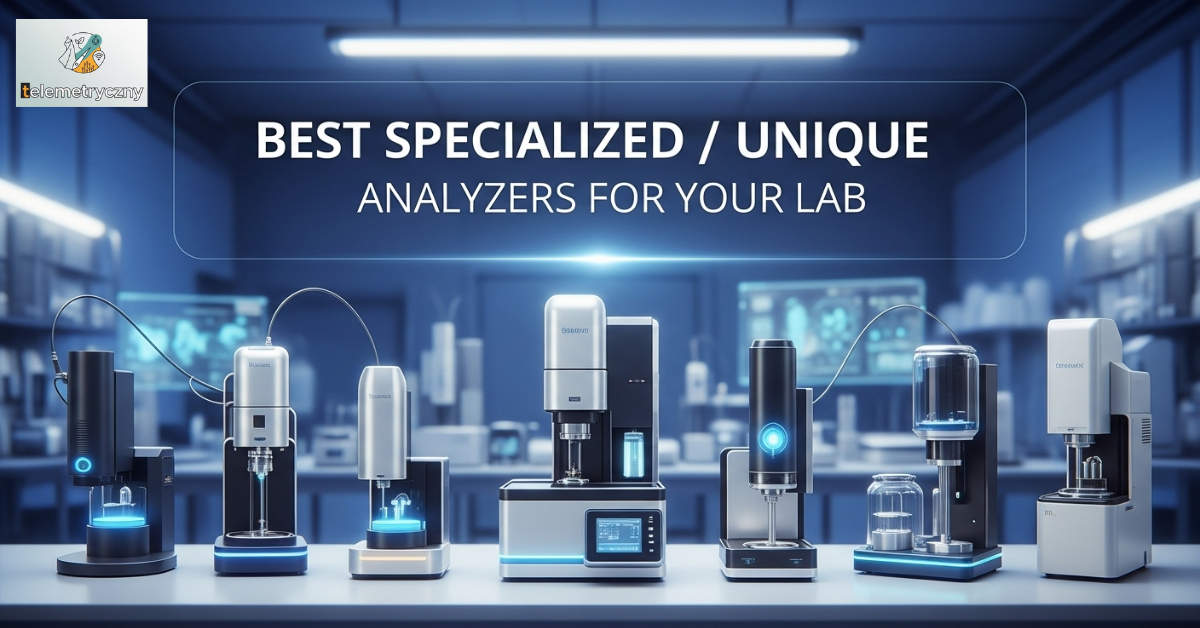
2 thoughts on “Best Specialized / Unique Analyzers for Your Lab”